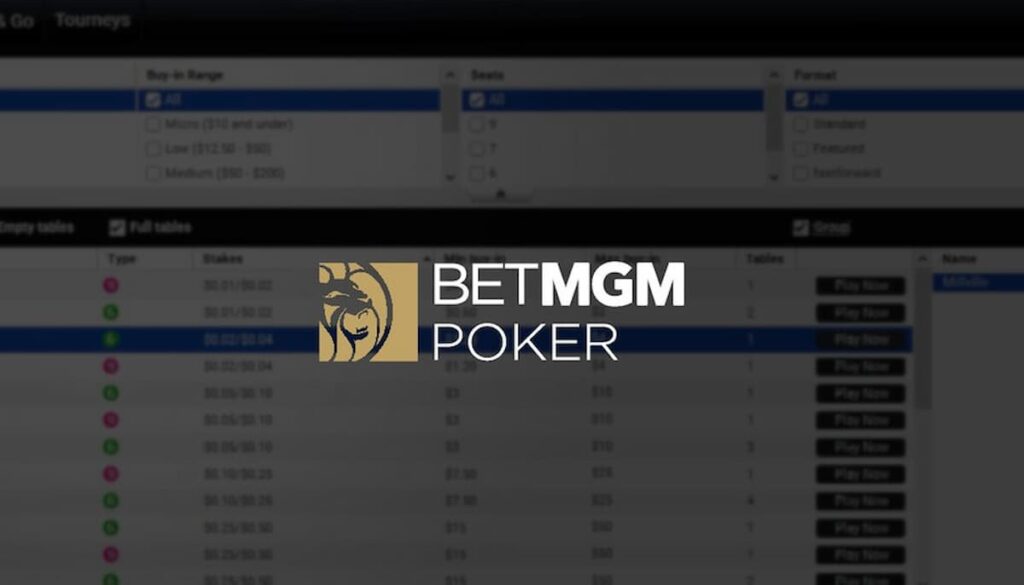Washington State is well known for its archaic online gambling laws, but no one could have anticipated the ruling that came down from a federal appeals court last week.
In a ruling that has reverberated throughout the gaming and social gaming worlds, Judge Milan D. Smith of the Ninth Circuit of U.S. Court of Appeals found that Big Fish Casino’s play money social app constituted illegal gambling. Smith elaborated in his opinion:
“Without virtual chips, a user is unable to play Big Fish Casino’s various games. Thus, if a user runs out of virtual chips and wants to continue playing Big Fish Casino, she must buy more chips to have ‘the privilege of playing the game.’ Likewise, if a user wins chips, the user wins the privilege of playing Big Fish Casino without charge. In sum, these virtual chips extend the privilege of playing Big Fish Casino.”
Cheryl Kater originally filed the case in 2015. Kater sued Big Fish parent company Churchill Downs. However, Churchill Downs has since sold Big Fish to Aristocrat Technologies. Kater claims she spent over $1,000 buying Big Fish Casino chips. As such, the chips represent “something of value.”
Initially, a US District Court threw out Kater’s case in 2016. The Appeals Court’s ruling sends the case back to the District level though. Or, Churchill could choose to escalate the case to an appeals court panel, or even petition the Supreme Court.
Right decision, but for the wrong reason?
I’m of the opinion that the Appeals Court’s ruling was correct, but for the wrong reason.
In addition to claiming that the value of the chips was “the privilege of playing the game,” Smith’s ruling brought up another point about Big Fish Casino chips: the ability to sell them on a secondary market.
In his ruling, Smith called this mechanism irrelevant. He ignored it on the grounds that these types of transactions violate the terms of service of Big Fish Casino. However, the market exists. Big Fish Casino virtual chips are sold for money.
Frankly, it’s pretty difficult to claim your chips don’t have value when they’re being sold for money. Even if it is without your consent.
Some legal experts and industry watchers believe the multiple mentions of the secondary market makes it material to the ruling, even if it was deemed irrelevant:
The mechanism is cited a couple of times in the decision. Have to think it’s material.
— Chris Grove (@OPReport) March 29, 2018
The Court seems to have dismissed the secondary market concern in its footnote, but yes, @SteveRuddock at the same time, it seems the ability to so-called “cash out ” was a major concern.
— Jeff Ifrah (@jifrah) March 29, 2018
Secondary market creates the third pillar of gambling
It’s important to note that the secondary market only exists because Big Fish allows players to transfer virtual chips to other players.
If the virtual chips weren’t transferable, the ability to exchange them on a secondary market vanishes. To wite, several other sites have such rules in effect. Without a secondary market, the third pillar of gambling is no longer present:
- Consideration: The risking of something of value
- Chance: A random element in awarding the prize
- Prize: Winning something of value
Video game loot boxes dealing with similar issues
Disallowing peer-to-peer transfers is how loot boxes in video games avoid the gambling designation.
As UK Gambling Commission Executive Director Tim Miller wrote in a statement regarding loot boxes in Star Wars Battlefront II:
“A key factor in deciding if that line has been crossed is whether in-game items acquired ‘via a game of chance’ can be considered money or money’s worth. In practical terms this means that where in-game items obtained via loot boxes are confined for use within the game and cannot be cashed out it is unlikely to be caught as a licensable gambling activity.”
Or, as the Danish Gambling Authority Spillemyndigheden wrote in its opinion on loot boxes:
“The winnings that can be obtained from a loot box in Star Wars Battlefront 2 cannot be converted into financial resources, as the fictional items in the loot box cannot be sold or otherwise converted into money. Therefore, loot boxes in their present form in Star Wars Battlefront 2 are not covered by the gaming act.”
In the same ruling, Spillemyndigheden wrote that skin betting (the wagering, trading, or selling of special in-game items) constitutes gambling.
The only difference between Star Wars loot boxes and “skins” in other games, is the capability to transfer them to another player. Without that mechanism, in-game purchases only tick off two of the three gambling boxes.
Play At Golden Nugget Now With Free Signup Bonus
-
Visit Golden Nugget
- $20 FREE100% UP TO $1000
- Golden Nugget ReviewOverall Grade A
- Bonus A+
- Games A
- Support A
- Banking B+
Fallout already underway in the US
The ruling is already having an impact. The Washington State Gaming Commission noted that several operators, including PokerStars, decided to leave the Washington State play-money market:
We’ve received questions about #FreePoker sites denying access to Washington residents. Please read below to learn more. Our agency did not order these sites to deny access to free poker. If you have concerns, please contact the websites directly. pic.twitter.com/idhLg95GGF
— WA Gambling Comm (@WAGambling) April 4, 2018
It’s likely Washington is only the tip of the iceberg. The lax regulation of the social gaming industry, and micro-transactions that turn free-to-play games into “freemium” games, seems to be heading towards a day of reckoning. They occupy a very confused space that blurs the lines between video games and gambling as well as free-to-play games and pay-for-play games.
Furthermore, many freemium games and video games have minimum age restrictions. And when it comes to social casinos, the old adage of “it looks like a duck and quack like a duck,” seems to come into play.
At the end of the day, these games may not fall into the “gambling” category, but it’s a pretty safe bet they will see stiffer regulations down the road.
The post It’s About Time We Start Scrutinizing Social Casinos appeared first on Play USA.

 Visit Golden Nugget
Visit Golden Nugget





